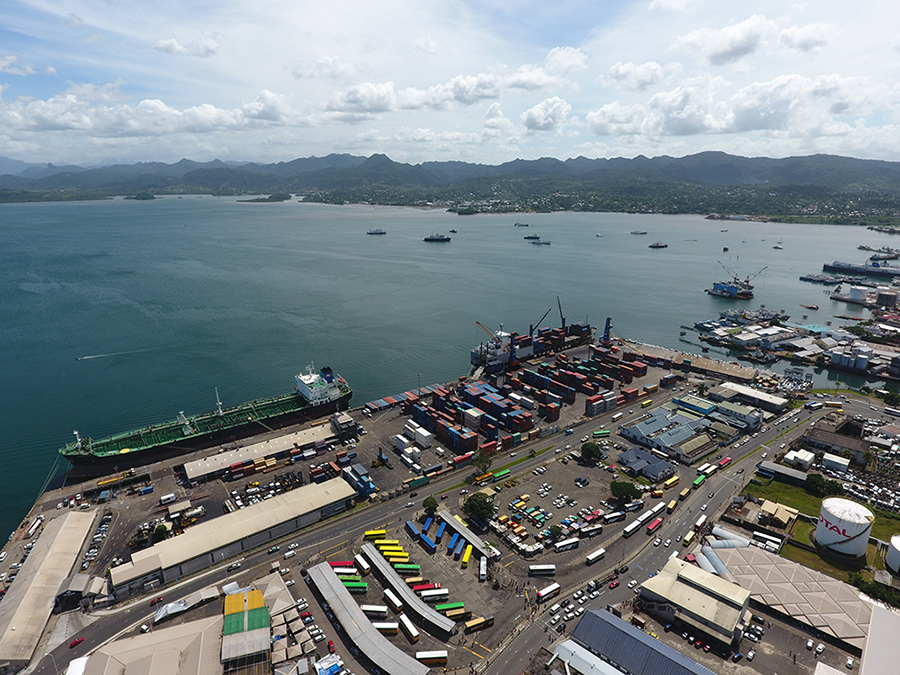US President Joe Biden has welcomed Fiji’s decision to join the Indo-Pacific Economic Framework for Prosperity (IPEF) as a founding member.
Fiji becomes the 14th nation and the first in the Pacific Islands to do so.
In a statement, the White House said that with Fiji’s inclusion, the IPEF “reflects the full regional diversity of the Indo-Pacific, with members from Northeast and Southeast Asia, South Asia, Oceania, and the Pacific Islands.”
“Across geography, we are united in our commitment to a free, open, and prosperous Indo-Pacific region. A close partner to the United States and a leader in the region, Fiji will add vital value and perspective to IPEF, including on our efforts to tackle the climate crisis and build a clean economy that creates good-paying jobs.
“The future of the 21st-century economy is going to be largely written in the Indo-Pacific, and IPEF will help to drive sustainable growth for all our economies. The United States thanks Prime Minister Bainimarama, and we look forward to deepening our partnership for the benefit of our countries, the Pacific Islands, and the Indo-Pacific.”
Launched early this week in Tokyo, Japan, by Biden, the IPEF comprises countries that represent 40 percent of world GDP including Australia, Brunei, India, Indonesia, Japan, Republic of Korea, Malaysia, New Zealand, the Phillippines, Singapore, Thailand, and Vietnam.
According to the White House, the framework will focus on four key pillars to establish high-standard commitments that will deepen our economic engagement in the region:
- Connected Economy: On trade, we will engage comprehensively with our partners on a wide range of issues. We will pursue high-standard rules of the road in the digital economy, including standards on cross-border data flows and data localization. We will work with our partners to seize opportunities and address concerns in the digital economy, in order to ensure small and medium sized enterprises can benefit from the region’s rapidly growing e-commerce sector, while addressing issues is such as online privacy and discriminatory and unethical use of Artificial Intelligence. We will also seek strong labor and environment standards and corporate accountability provisions that promote a race to the top for workers through trade.
- Resilient Economy: We will seek first-of-their-kind supply chain commitments that better anticipate and prevent disruptions in supply chains to create a more resilient economy and guard against price spikes that increase costs for American families. We intend to do this by establishing an early warning system, mapping critical mineral supply chains, improving traceability in key sectors, and coordinating on diversification efforts.
- Clean Economy: We will seek first-of-their-kind commitments on clean energy, decarbonization, and infrastructure that promote good-paying jobs. We will pursue concrete, high-ambition targets that will accelerate efforts to tackle the climate crisis, including in the areas of renewable energy, carbon removal, energy efficiency standards, and new measures to combat methane emissions.
- Fair Economy: We will seek commitments to enact and enforce effective tax, anti-money laundering, and anti-bribery regimes that are in line with our existing multilateral obligations to promote a fair economy. These will include provisions on the exchange of tax information, criminalization of bribery in accordance with UN standards, and effective implementation of beneficial ownership recommendations to strengthen our efforts to crack down on corruption.









